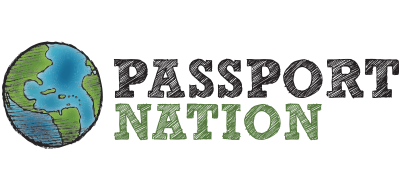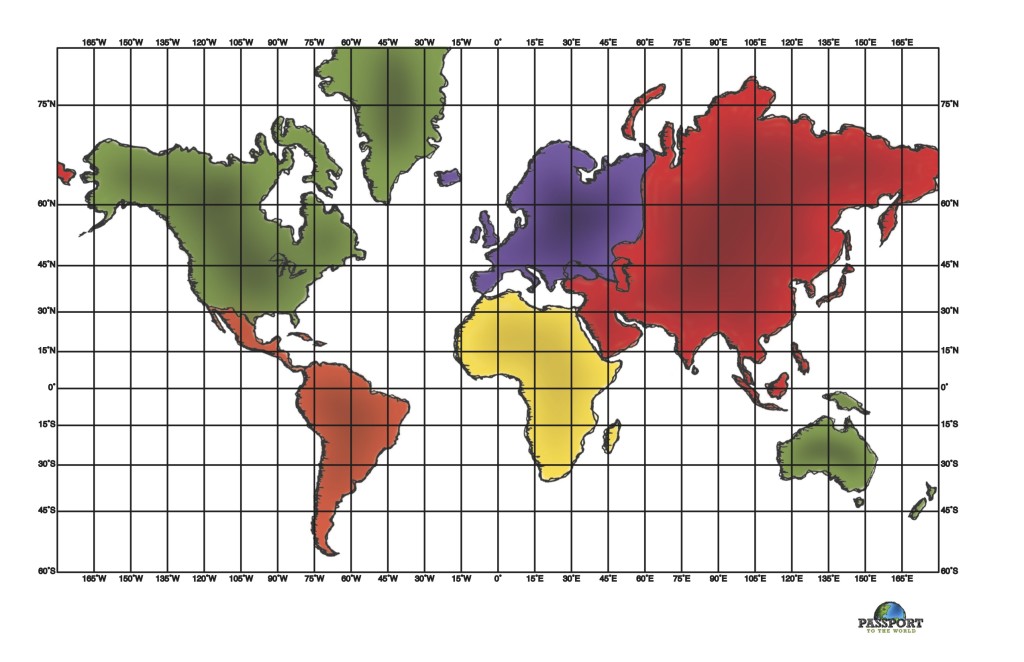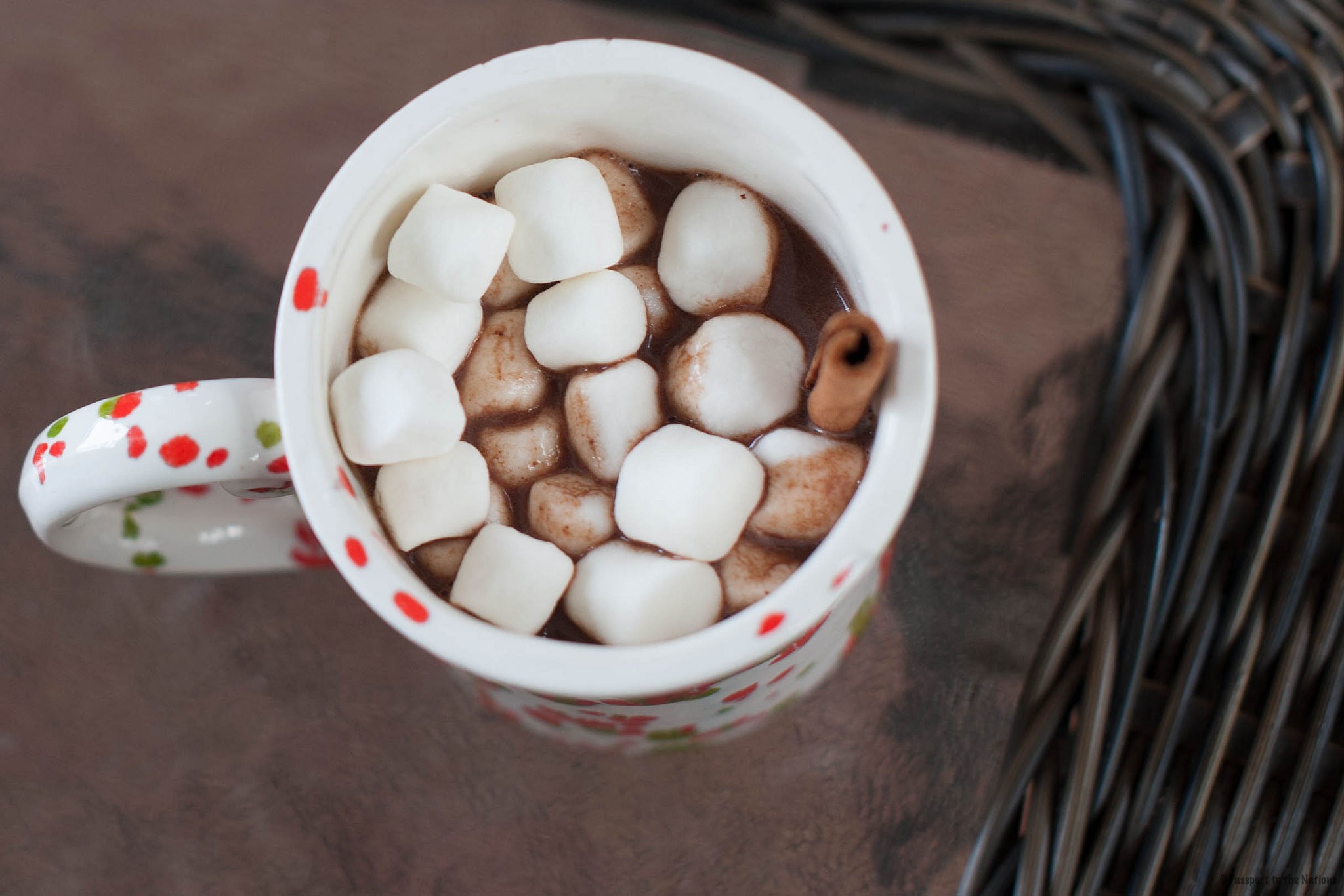
by Passport to the Nations | Dec 10, 2015 | God is Provider, Passport to Latin America
This is definitely NOT your typical hot chocolate. And if you’re a dark chocolate fan you will LOVE this classic winter drink. And the Mexican twist is compliments of a very unexpected ingredient …cayenne pepper! It gives this drink just a hint of heat...
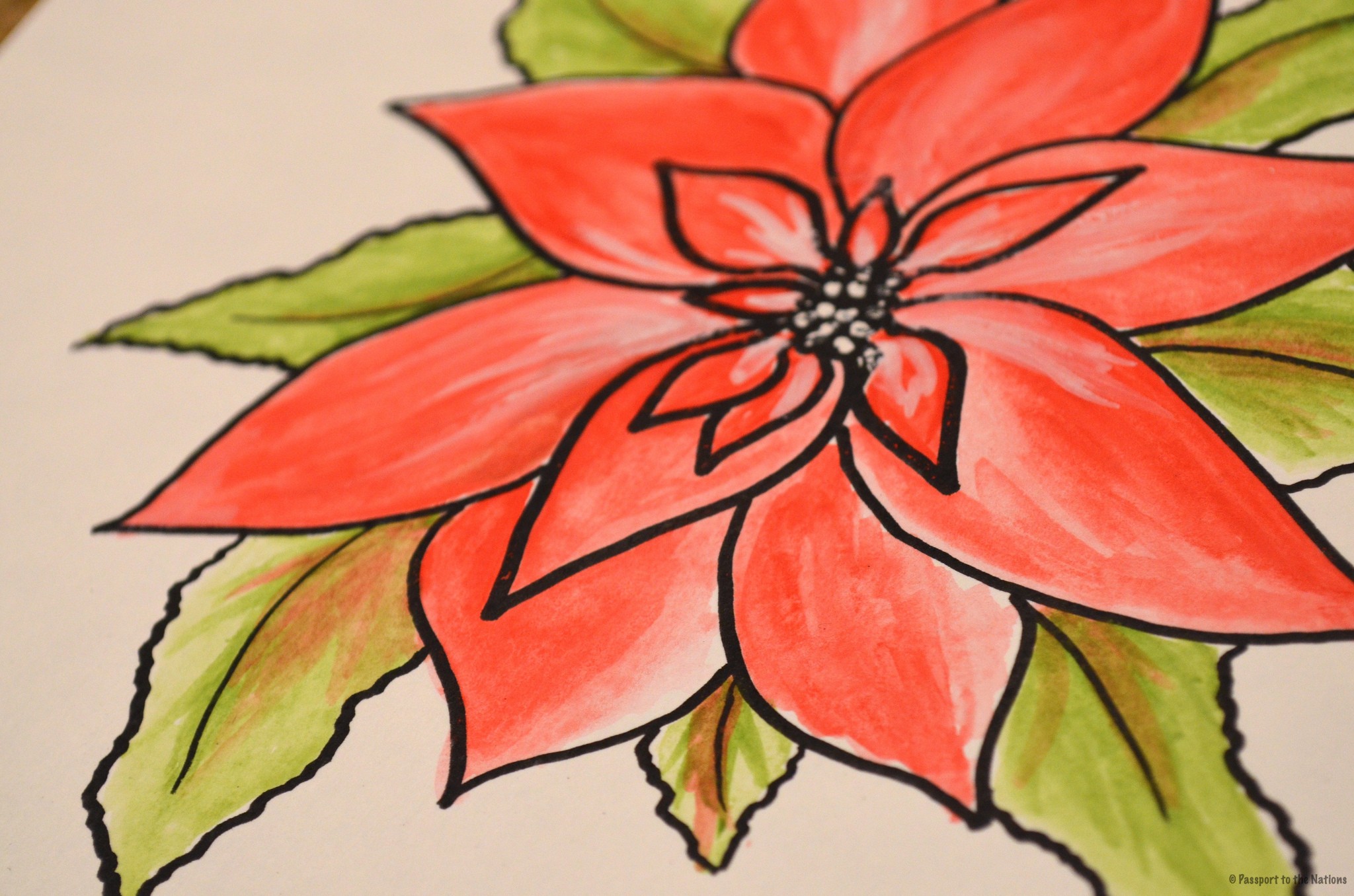
by Passport to the Nations | Dec 1, 2015 | God is Creator, Passport to Latin America
The poinsettia is a plant that is often sold and displayed around Christmas time. Do you know why? History of the Poinsettia: The poinsettia, a Mexican wildflower, originates from Mexico and Central America. The Aztecs, who used the plant to control fevers and to...
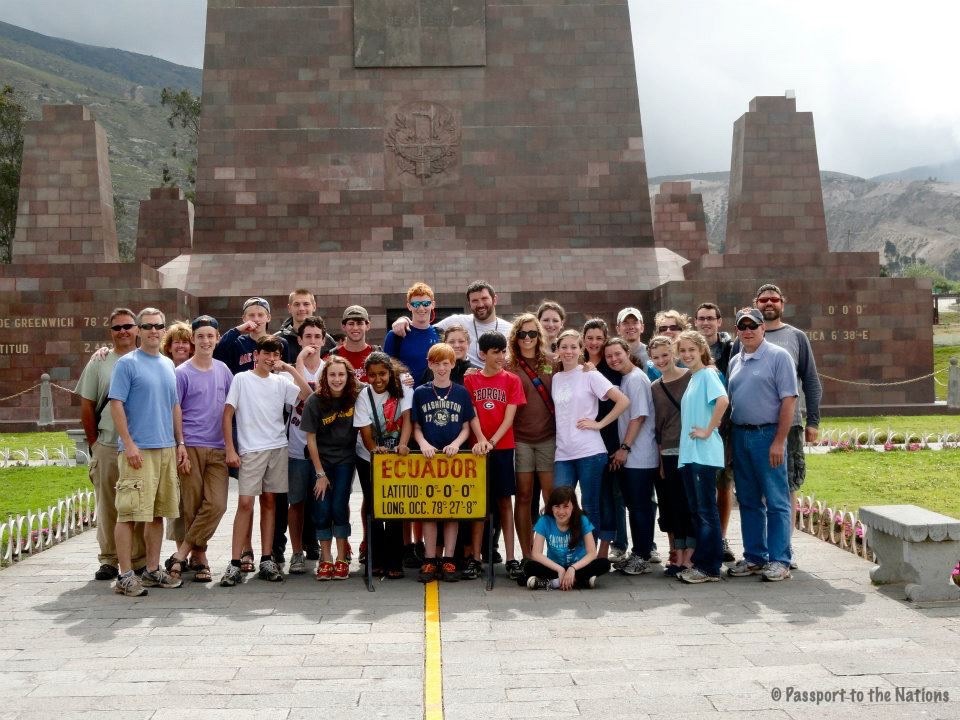
by Passport to the Nations | Oct 20, 2015 | Kids Corner, Latin America
One of the things we do every year in our Passport Mission Club is learn John 3:16 in one of the primary languages of the region we are studying. For Latin America, we’re going to learn this verse in Spanish (who knows, maybe we’ll take on Portuguese as...
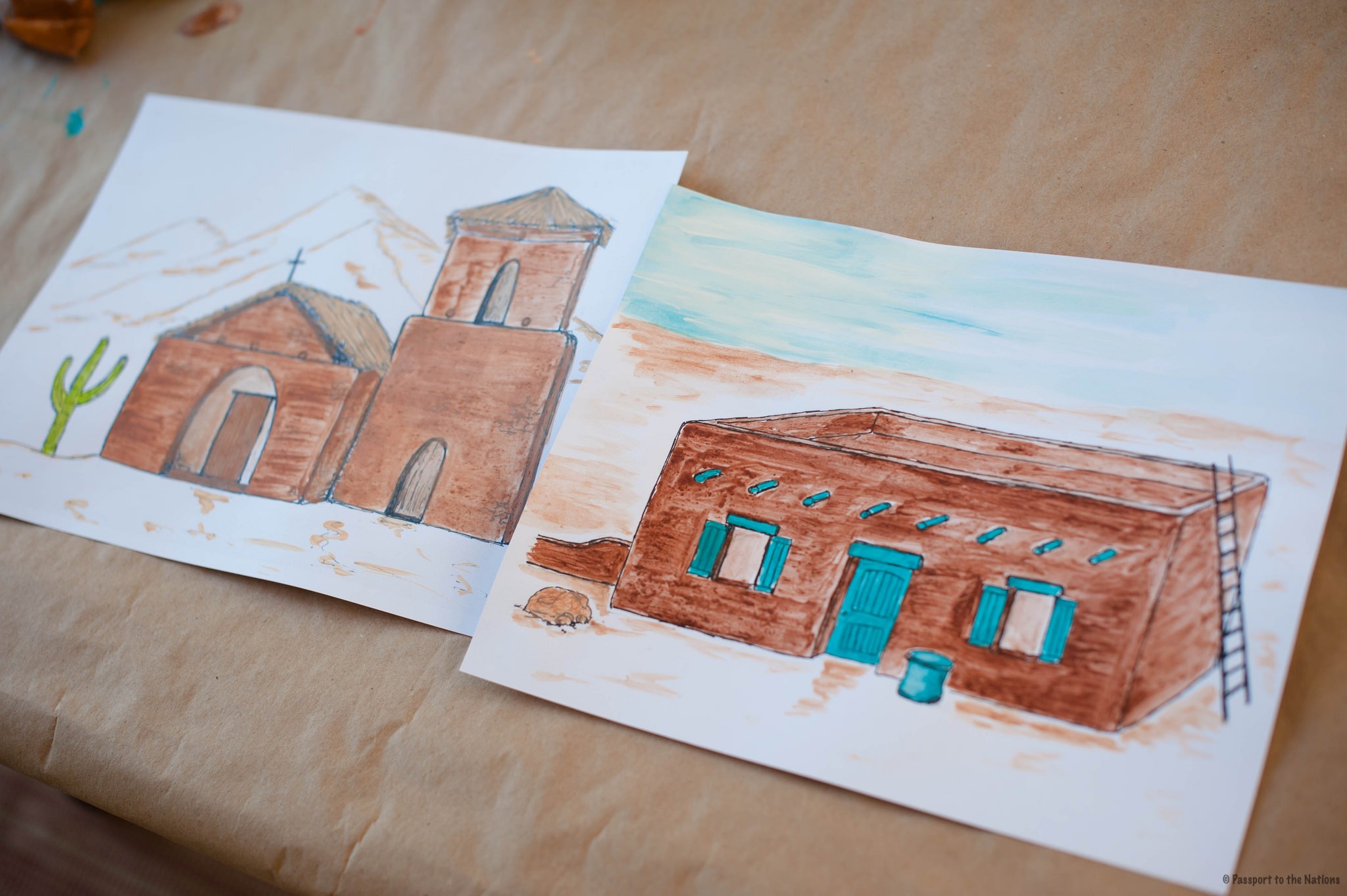
by Passport to the Nations | Oct 18, 2015 | God is Provider, Passport to Latin America
As the poncho is to Mexican clothing, the adobe house is to Mexican architecture. Adobe is a Spanish word meaning “mud brick”. Adobe is an iconic building material developed out of necessity. In areas of low rainfall where trees are scarce, people had to get...
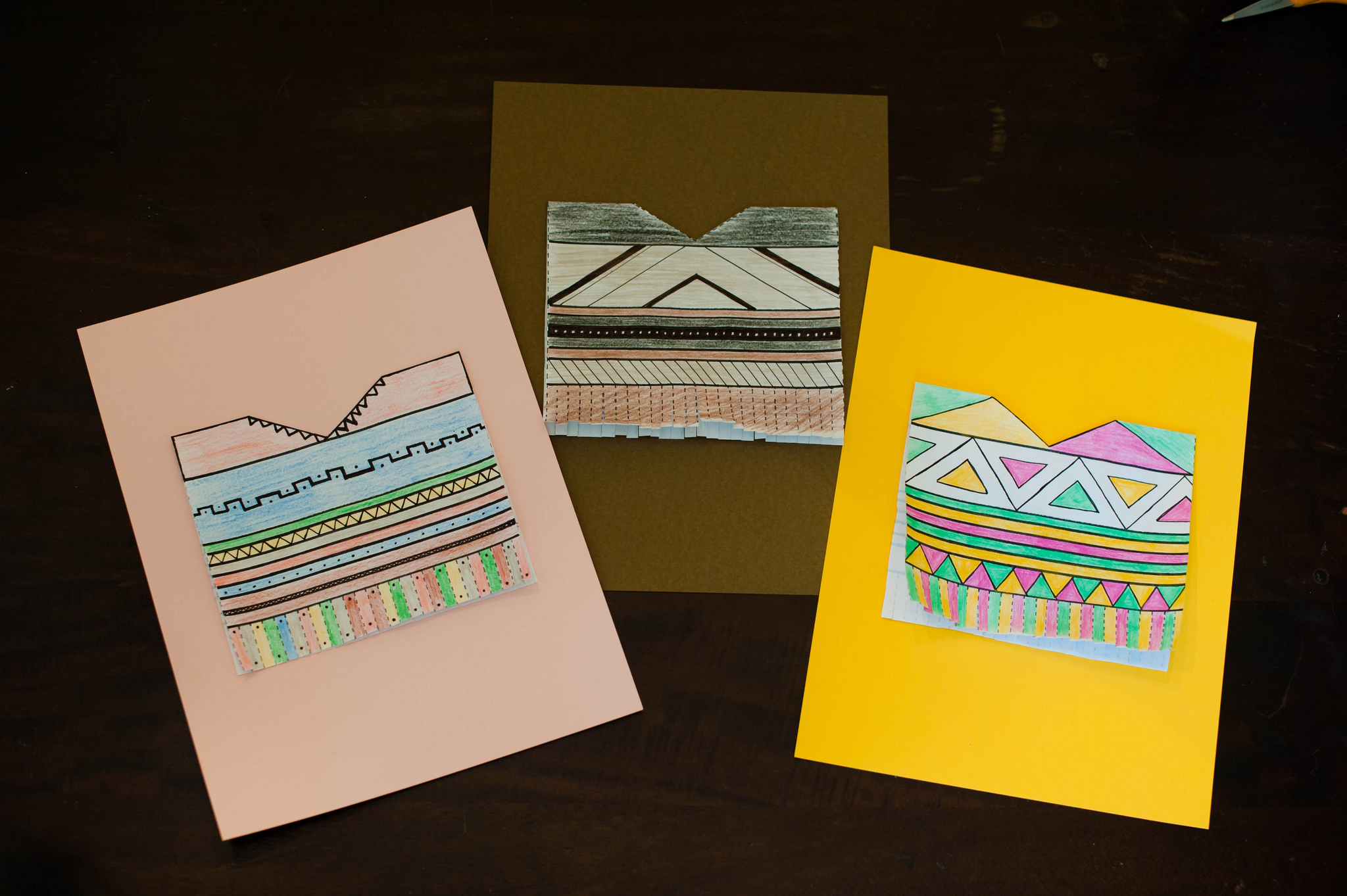
by Passport to the Nations | Oct 18, 2015 | God is Provider, Passport to Latin America
The Mexican poncho is an iconic item of Mexican clothing. In essence, a poncho is a blanket with a hole cut out of the middle. Designed to provide warmth and freedom of movement, the poncho slides over the wearer’s head and has no arm seams. It is a very utilitarian...






